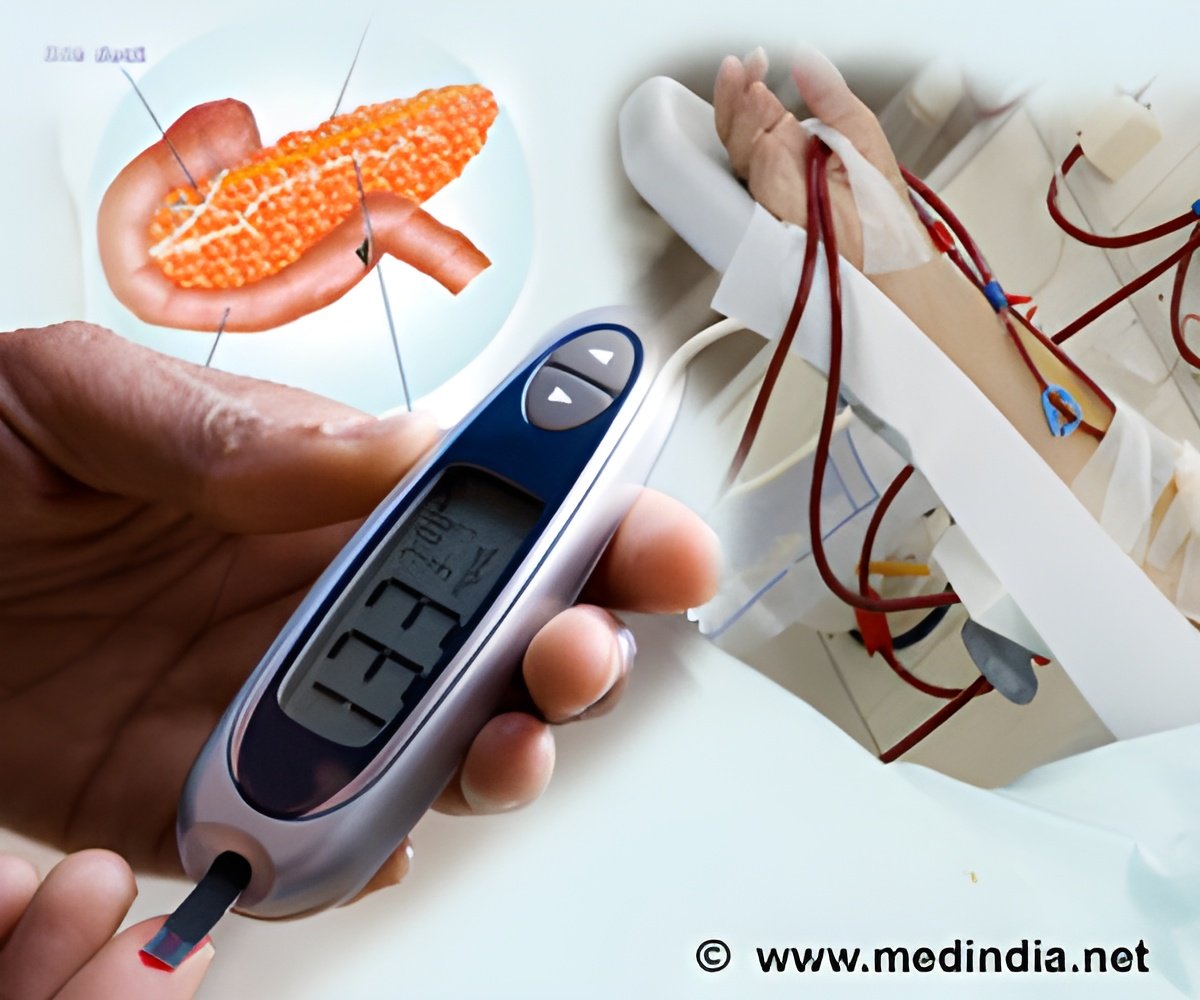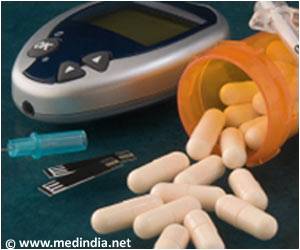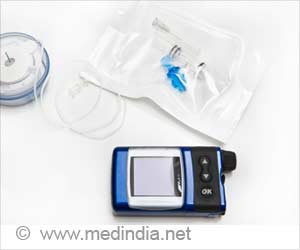Hospital admissions for a short-term and avoidable complication of diabetes have risen by 39 percent in the last ten years.

‘Most hypoglycaemic episodes are generally mild and can be self-treated by eating or drinking glucose tablets, sweets, sugary fizzy drinks or fruit juice. But if untreated hypoglycaemic can lead to coma, hospitalisation and death.’





The number of admissions for the low blood sugar episodes also known as hypos increased from 7,868 in 2005 to 11,756 in 2010 representing a 49 percent jump and then 10,977 in 2014, up 39 per cent in ten years. It represents a 14 percent hike if the general increase in hospital visits is taken into account, according to the research published in The Lancet Diabetes & Endocrinology journal. Hospital length of stay, mortality, and one-month readmissions decreased progressively and consistently during the study period.
Professor Kamlesh Khunti, Professor of Primary Care Diabetes & Vascular Medicine at the University of Leicester based at the Leicester Diabetes Centre, who guided the team, said: "Given the continuous rise of diabetes prevalence, ageing population, and costs associated with hypoglycaemia, individual and national initiatives should be implemented to reduce the burden of hospital admissions for hypos."
Accounting for diabetes prevalence, there was a reduction of admission rates, but Professor Khunti said this was down to an increase in newly-diagnosed people with Type 2 diabetes who have a much lower risk of hypoglycaemia. More than 70 percent of the visits involved people aged 60 years or older.
The study was supported by the NIHR Collaboration for Leadership in Applied Health Research and Care (CLAHRC) East Midlands, which turns research into cost-saving and high-quality care through cutting-edge innovation and the NIHR Leicester-Loughborough Diet, Lifestyle and Physical Activity Biomedical Research Unit, which harnesses the power of experimental science to explore and develop ways to help prevent and treat chronic disease.
Advertisement
Lead researcher Dr Francesco Zaccardi, a Clinical Research Fellow at the University of Leicester based at the Leicester Diabetes Centre, said: "Studies in the USA and Canada have reported increasing or stable rates of hospital admissions for hypoglycaemia.
Advertisement
The average cost per admission for the condition in England has been estimated to cost just over £1,000. It is thought the total cost of treating severe hypoglycaemic episodes every year in the UK costs the NHS around £13 million.
Source-Newswise









